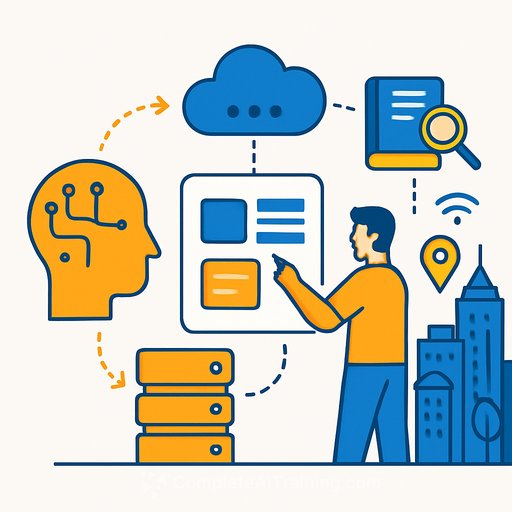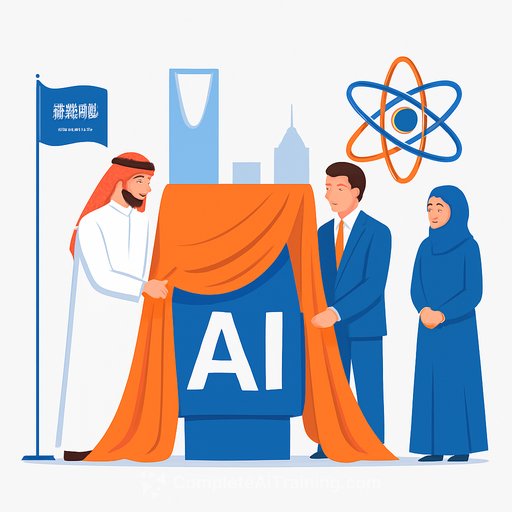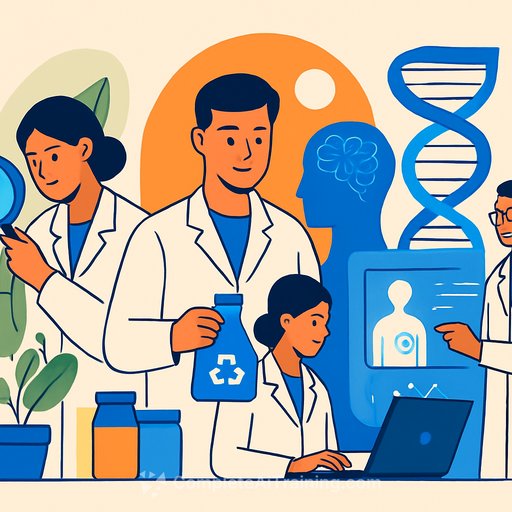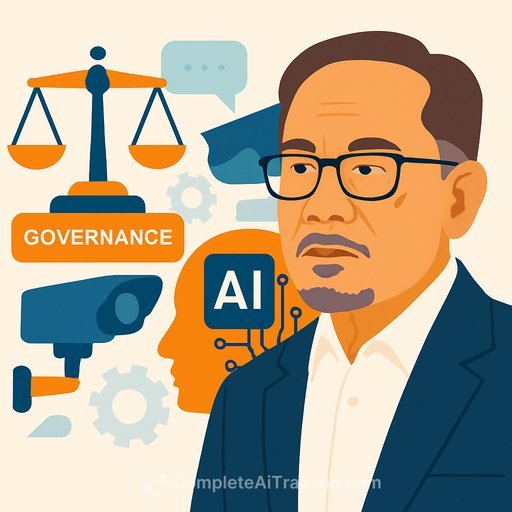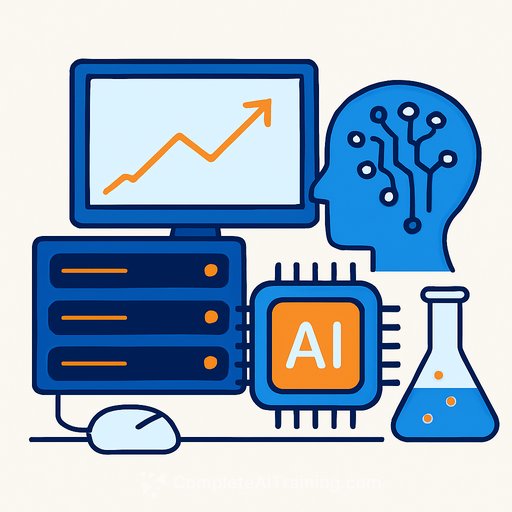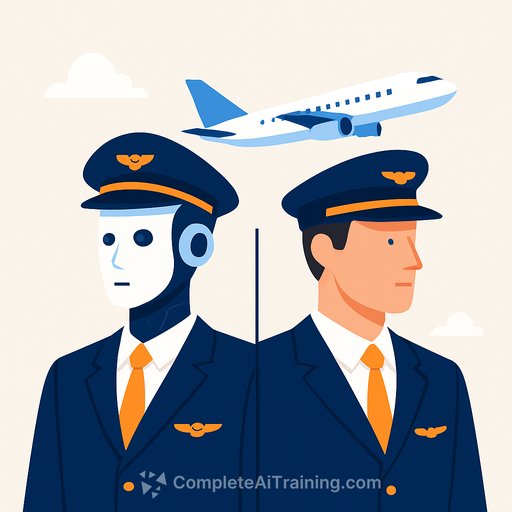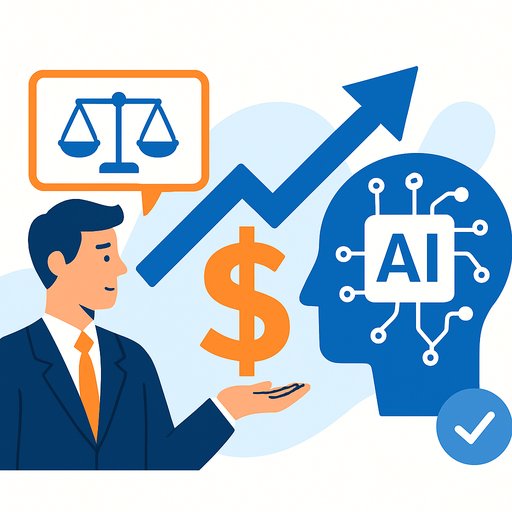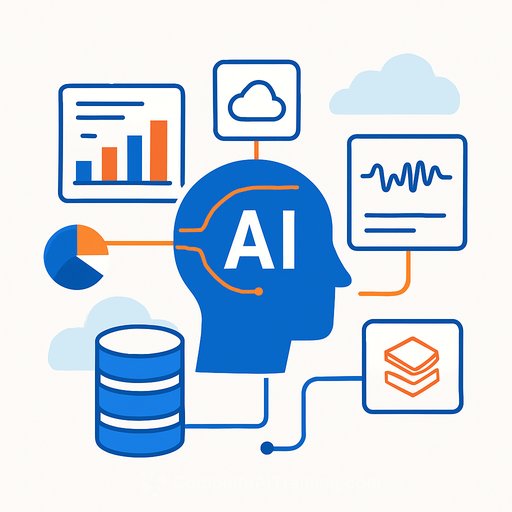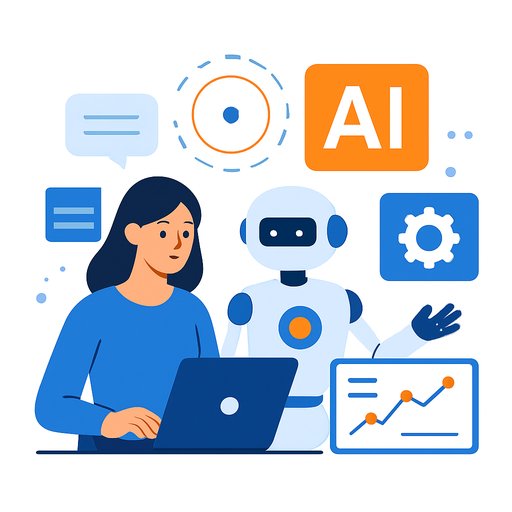AI Edge Cloud Service Provisioning for Knowledge Management Smart Applications
Abstract
This article explores a serverless edge-cloud architecture tailored to support knowledge management (KM) within smart cities, aligned with the principles of Society 5.0, which focuses on human-centered, data-driven urban environments. By combining cloud computing's scalability and on-demand resources with edge computing’s cost-efficiency and proximity to data sources, this hybrid solution reduces latency and optimizes data processing.
The architecture simplifies application development through serverless computing, enhancing the responsiveness and efficiency of smart city applications like traffic management, public safety, and infrastructure governance. Experimental results show significant reductions in data transmission times and network congestion, alongside cost-effective computation options. The study also highlights the strengths and limitations of edge and cloud environments regarding computation and network communication.
Overall, this flexible framework advances knowledge-driven services in smart cities, supporting scalable and adaptive KM applications.
Introduction
Knowledge management (KM) involves creating, sharing, and utilizing organizational knowledge to improve decision-making and innovation. As society moves towards Society 5.0—a human-centered model integrating technology and innovation—KM's role expands, emphasizing social responsibility, data democratization, and the fusion of cyber and physical worlds.
Smart cities exemplify this integration, combining technology, people, and institutions to improve governance, resource allocation, and citizen engagement. Data generated by varied stakeholders fuels insights that enhance public services and decision-making.
Cloud computing provides scalable resources for processing large data sets. However, traditional cloud solutions often suffer from latency and network congestion issues, while edge computing offers faster data processing closer to the source but with limited computational power. A hybrid edge-cloud architecture, supported by serverless computing, balances these trade-offs, simplifying deployment and improving responsiveness in AI-driven smart city applications.
This article presents a novel serverless edge-cloud architecture that optimizes KM processes by distributing workloads effectively across edge and cloud layers. The approach reduces transmission delays, network load, and operational costs while enabling real-time analytics and adaptive service delivery.
Two key contributions are highlighted: the integration of KM with cloud, edge, and serverless computing in smart cities, and the empirical evaluation of a hybrid architecture combining low-power edge servers, cloud resources, and CDN edge infrastructure to optimize AI-driven KM services.
The paper is structured to first review KM and Society 5.0, then explore cloud and AI technologies as KM enablers in smart cities, followed by the proposed architecture and experimental findings, concluding with a summary.
Background
Knowledge Management
Knowledge management emerged in the 1990s as a discipline focused on creating, sharing, and using organizational knowledge to improve performance and competitive advantage. Successful KM depends on organizational culture, leadership, and continuous improvement of processes and technologies.
KM involves gathering, organizing, refining, and distributing knowledge. It relies on enablers from people, processes, systems, and organizational structures. Technologies such as data mining, machine learning, IoT, databases, blockchain, visualization tools, and cognitive systems facilitate KM processes. Their seamless integration ensures continuous knowledge flow across organizations.
Society 5.0
Society 5.0 aims to enhance quality of life by merging physical and virtual spaces, promoting creativity, critical thinking, and collaboration. It envisions daily interaction with AI and social robots, data democratization, decentralization, and resilient, personalized services involving multi-industry ecosystems.
Technologies like tokenization and digital twins support Web3 and token economies. Society 5.0 fosters ethically-driven innovation and connected cyber-physical systems that promote social responsibility.
KM in Society 5.0
KM plays a central role in Society 5.0 by integrating cyber and physical spaces to address challenges from Industry 4.0 and 5.0. It leverages IoT, cloud computing, blockchain, Big Data, and AI to speed up data analysis and knowledge sharing.
- Digital transformation: KM organizes and manages vast data, extracting actionable insights for informed decisions.
- Collaborative innovation: It promotes sharing and collaboration across individuals and organizations, fueling collective intelligence.
- Lifelong learning: KM systems enable continuous access to knowledge resources and personalized skill development.
- Human-centric design: KM helps tailor technology to user needs by integrating feedback into development.
The integration leads to decentralized, AI-driven knowledge systems enabling real-time acquisition and seamless information exchange across smart cities, industries, and public governance.
Service Provisioning Models for KM in the Smart City
Smart cities improve residents' quality of life and resource management through the synergy of technology, people, and institutions. Their KM systems form cyber-physical social networks that rely heavily on AI, IoT, and Big Data to co-create knowledge and enhance urban governance.
Trust among stakeholders is crucial for deploying smart technologies and ensuring successful initiatives. Platforms leveraging Big Data enable wide data collection and management but require addressing workforce skill gaps through strategic training programs.
Cloud Computing
Cloud computing delivers on-demand access to shared computing resources over the internet, enabling applications, data, and services to be accessed from anywhere. This model supports resource offloading, where low-power devices delegate computation to remote servers.
Key benefits include cost savings, scalability, reliability, and flexibility, freeing organizations from managing physical infrastructure. Cloud services cover web hosting, data storage, SaaS, IaaS, PaaS, big data analytics, IoT data management, AI and machine learning, content delivery networks, and disaster recovery.
For smart city applications, cloud offloading enables complex processing on mobile or low-power devices, but resource allocation and SLA compliance remain challenges. Strategies involve algorithms like top-k nearest neighbor, minority game theory, and deep learning to optimize cloud resources.
Cloud computing lowers entry barriers for KM systems, especially benefiting small and medium enterprises by providing pay-as-you-go infrastructure and enhancing organizational agility.
Edge Computing
Edge computing brings computation closer to data sources, reducing latency and network congestion. It complements cloud computing by handling time-sensitive tasks locally, allowing faster data processing for smart city applications.
Edge computing is particularly effective for real-time analytics, intelligent decision-making, and adaptive services within KM processes. However, it has limitations in computational power compared to the cloud, requiring a balanced hybrid approach.
The integration of serverless computing with edge and cloud resources streamlines application deployment and resource utilization, making KM services more responsive and scalable in smart city environments.
To explore more about AI and cloud technologies in knowledge management and smart applications, you can visit Complete AI Training's latest AI courses.
Your membership also unlocks:

